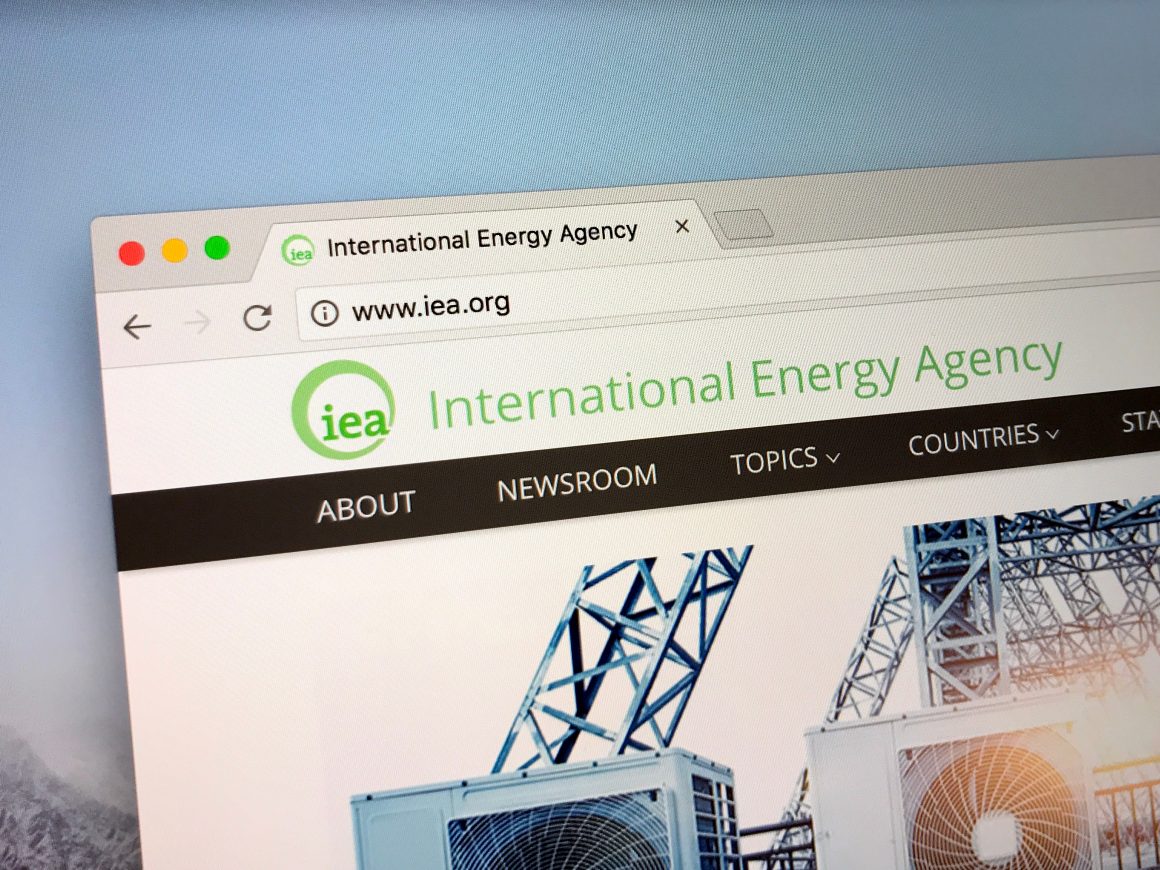The Global Commission for Urgent Action on Energy Efficiency, a group consisting of 23 public and private sector leaders, released a series of actionable recommendations to support governments in stepping up energy efficiency efforts.
The Global Commission, headed by the International Energy Agency (IEA), was established in June 2019 in response to the global slowdown of energy efficiency progress. Over the course of a year, the Global Commission worked to understand how to reverse this trend through new and stronger policy action by governments across key sectors of the economy.
Published against a backdrop of global economic shutdown caused by the COVID-19 pandemic, the recommendations frame efficiency as a key tool that governments can use to respond to the crisis.
The recommendations are summarized below. The full report can be accessed here.
- Prioritize cross-cutting energy efficiency action for its economic, social and environmental benefits
A stronger, all-of-government policy focus will enhance social and economic development, energy security and resilience, decarbonization, and rapid job creation and economic stimulus.
- Act to unlock efficiency’s job creation potential
Energy efficiency can quickly deliver job growth and can become a long-term, sustainable employment sector.
- Create greater demand for energy efficiency solutions
Efficiency action will be most rapidly scaled up through a focus on increasing demand for efficient products and services and enabling greater levels of market activity.
- Focus on finance in the wider context of scaling up action
Mobilizing finance is an essential element of efficiency action, and policies to do so will be most effective if they are part of a wide, coherent approach to driving market scale.
- Leverage digital innovation to enhance system-wide efficiency
Policymakers can take advantage of digital innovation’s potential to enable smart control, better energy management, and wider energy system optimization.
- The public sector should lead by example
Governments should lead through investment in public sector efficiency and driving innovation and higher standards throughout its reach.
- Engage all parts of society
Implementation of efficiency action can happen at all levels of society, with cities, businesses, and local communities all playing a particularly important role in its success.
- Leverage behavioral insights for more effective policy
People are at the center of energy efficiency action, and insights from behavioral science can help design smarter policies.
- Strengthen international collaboration
International collaboration and exchange of best practice allow countries to learn from each other and to harmonize approaches and standards where appropriate.
- Raise global energy efficiency ambition
Governments should be significantly more ambitious in both the short- and long-term when setting their efficiency targets, policies and actions.

